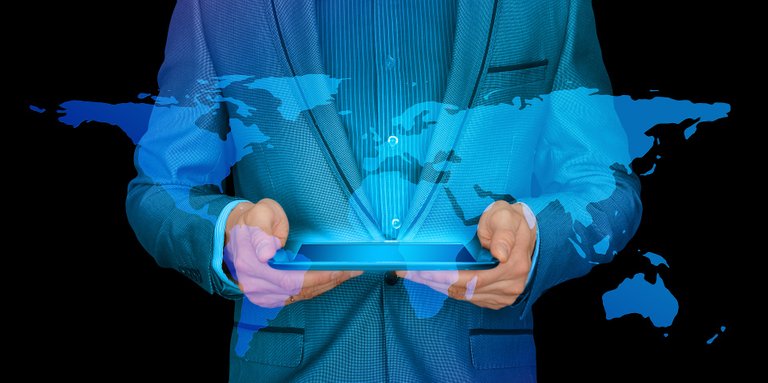
Have you spent hours on your computer trying to download a file form the internet with a slow network connection?
Faster is always better when it comes to internet access. This applies to not only simple browsing but also media streaming, app downloading, gameplay and video calls. It's hard enough, however, getting super-fast internet access at home, let alone top speeds on our smartphones and tablets over 4G or 3G.
4G and 3G Speeds
Although theoretical peak speeds are only theoretical and hardly pan out in real world scenarios (due to things like latency), these are the speed requirements that a provider must abide by in order to have a connection that falls under the 4G or 3G category:
4G: 100 Mbps for high mobility like service from a moving car. 1 Gbps for low mobility like when walking or not moving at all
3G: 7.2 Mbps or 52 Mbps on 3G HSPA+
Everyone enjoys its when the internet connection opens up fast.
Downloading films, streaming or TV shows consumes the most data. Sending and receiving work emails with large attachments all day can use just as much. With 4G speeds reaching up to 50 - 100 Mbps no doubts your monthly data plan will run out in no time.
If you live in an area where 4G connection is limited. You will have to endure slow browsing and downloading speeds. These can affect businesses dealing with large file transfers over the internet. The downsides to this, is that you have to spend hours trying to upload a file, streaming videos can be frustrating or even paying an online games.
Let's take a look at 3 reasons why you need to upgrade to a faster internet connection.
Upload Large Files On The Move
Although much is made of the impressive download speed of 4G, typically around 15 Mbit/s, upload speeds are a lot faster than 3G too, making it much easier to send files while you are out and about. With standard 4G, upload speeds are around 5.5Mbit/s, while with 4GEE you are looking at around 11Mbit/sec. This means you can upload large files such as high-resolution images, spreadsheets or high-definition (HD) video, directly to the office server much more quickly than you could with a slower 2G or 3G connection.
Speedier Web Browsing And Apps
Although you can browse the web using a 3G phone, you will see a big difference in the time it takes pages to load up with 4G. For example, if you are browsing the internet, the average web page will load in 0.2 seconds using double-speed 4G. On standard 4G, it’ll be 0.5 seconds and on 3G technology it’ll be around 1.7 seconds. For larger downloads (e.g. apps and games), the increased speed becomes even more noticeable, especially when using double-speed 4G. Take a typical smartphone app (around 13MB in size). On double-speed 4G, it’ll take 3.5 seconds to download, whereas for normal 4G, it’s a seven-second download which is still extremely quick.
Faster Video Downloading And Streaming
If you spend half your time waiting for videos to download, then 4G will be a Godsend. For example, downloading a 10-minute video clip on a 3G connection can take you several minutes. The same clip on a 4G connection will take around 35 seconds. Also video streaming apps, such as BBC iPlayer, YouTube and Netflix will work much quicker without buffering. In central London with even faster 4G+ a 30-minute HD video takes around two minutes to download, compared to eight on standard 4G connection.
References
Thanks For Visiting My Page
Please Leave A Comment And Upvote If you Find This Topic Helpful

)
)
)
)
yes 4G is faster but thats it!